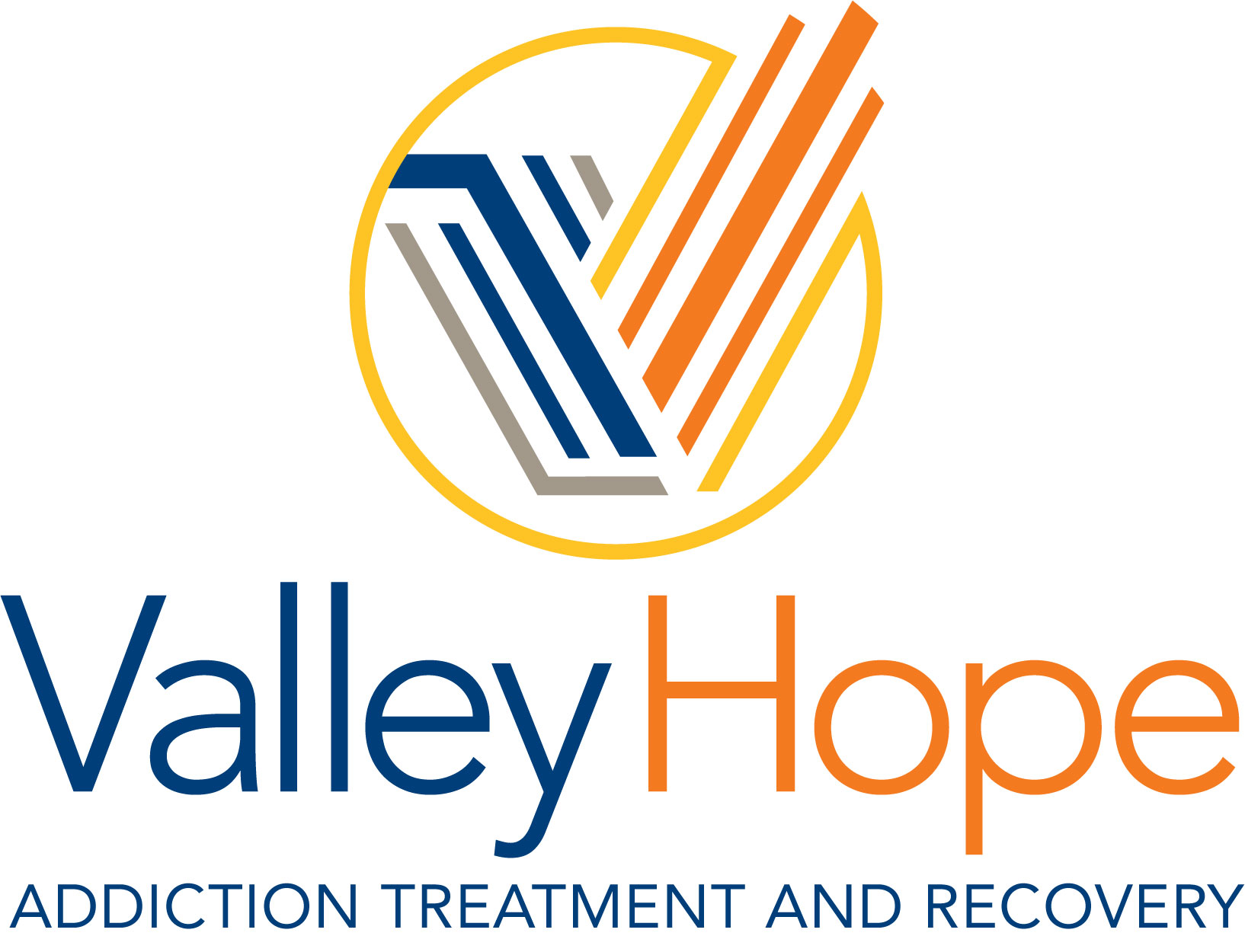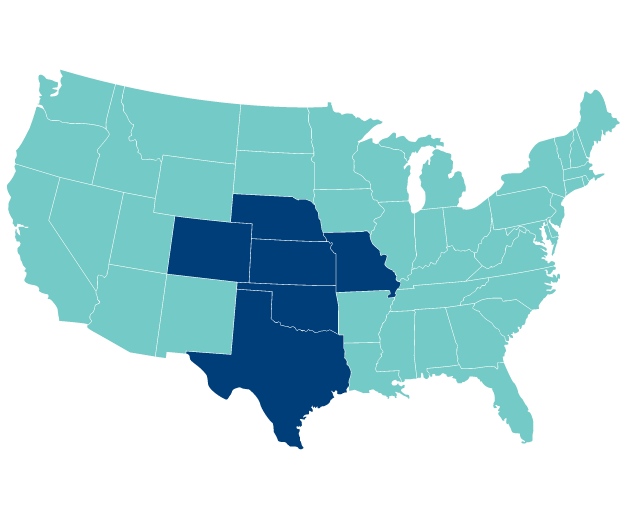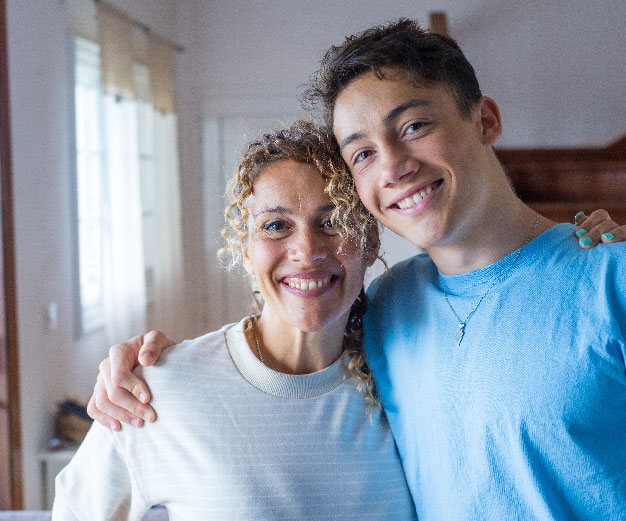Do you worry a loved one has a problem with drugs or alcohol? The symptoms and signs of addiction damage every area of the loved one’s life, including relationships, career and health. Too often family members live in constant hurt, fear and desperation as they watch a loved one destroy themselves in their disease. Much of that desperation stems from not knowing how to help their loved one.
Identifying the Signs and Symptoms of Addiction
If you recognize any of these behaviors in your loved one, it is likely they are suffering from substance use disorder (SUD):
- Habitually covers up the truth or denies the truth, even when it is obvious;
- Manipulates people or situations to keep them confused;
- Acts impulsively without considering the consequences of their choices;
- Difficulty listening to others’ concerns;
- Preoccupied with using;
- Struggles with relationships;
- Misses work/school often, performance suffering;
- Health problems related to misuse of substances;
- Makes promises without following through;
- Forgetful of words and actions;
- Seeks financial support on a regular basis, but unable to account for it;
- Blames others for their life problems;
- Does not take responsibility for their actions;
- Does not understand or accept how their actions
and behaviors affects family and friends.
What Can I Do To Help My Loved One?
If you determine your loved one needs help with addiction, there are healthy steps you can take to encourage or lead them into treatment. You can be proactive in helping your loved one while maintaining the necessary boundaries. The following guidelines can ensure a healthy approach.
Get the Facts
When it comes to understanding addiction, many family members still have dangerously misinformed perceptions and fears. Substance use disorder (SUD) is a chronic brain disease that requires clinical treatment and supportive care, not a moral failing. It is important to understand that when your loved one is living in their addiction, they have almost no self-worth. Expressing your love and care for them while also pressing your case for treatment is essential.
Encourage Treatment
Encourage your loved one to seek professional help for their SUD. Explore treatment options and be ready to walk them through the steps to access treatment. Use the information to help make your case for treatment. The family member will have excuses and express denial or anger. Be prepared with specific examples of behavior that has resulted from their alcohol dependence. These conversations may take place several times until the loved one agrees to seek help. Be patient with your support.
Take Care of You
Actively engaging in supportive resources and practicing self-care can empower family members to rebuild and renew healthy, loving and supportive relationships with loved ones in treatment and recovery. Take care of yourself by surrounding yourself with support and engaging in family recovery. Consider attending Al-Anon, a 12 Step meeting. Al-Anon provides education and ongoing support for loved ones of addicted people. You can also see a therapist who understands families and addiction or find a family treatment program. Valley Hope’s family program helps participants learn coping skills, educational tools, and other resources to support their journey in recovery.
The Substance Abuse and Mental Health Services Administration (SAMHSA) offers these suggestions for families impacted by SUD:
- Joining a local family support group to meet others experiencing similar challenges. (Al-Anon, etc.)
- Participating in family programs in which education and treatment sessions include loved ones.
- Attending individual therapy to learn appropriate coping skills.
- Eating healthy meals and getting adequate sleep.
- Managing stress by engaging in hobbies and getting exercise.
- Sharing stories with the virtual recovery community and reading about others who have similar experiences.
Find Recovery
Once your member completes treatment, the recovery process truly begins. Long-term recovery is a lifelong journey for your loved one and the family as a whole. Remain energetic in your support of their recovery plans, which should include continuing care, sober living, a 12 Step program such as A.A. and related recovery activities. Taking an active role in the treatment process and creating a nurturing environment for your loved one when they return home can help speed recovery and reduce the risk of relapse.
At Valley Hope, we have witnessed the devastating toll alcoholism has on relationships. However, we firmly believe that by embracing patients with compassion, treating them with proven therapies and empowering them with the tools to respect themselves, they can learn to manage their illness, repair their relationships and reclaim their lives.
Our counselors will work with you and your family member to develop the most appropriate treatment for his or her needs. We offer a continuum of care including residential or outpatient treatment and online access to therapy. We also offer special services for family members including counseling, education and group therapy.
If your family member is reluctant to seek treatment, we also offer tours of our facilities that can often help ease much of the anxiety and misperceptions of what entering treatment really looks and feels like.
A life full of hope and health is possible for your loved one. It is not only possible but also probable with a strong support system, a tailored treatment program and smart recovery plan. Let Valley Hope help make it happen.
To learn more, call us anytime at 1-800-544-5101 or visit valleyhope.org










